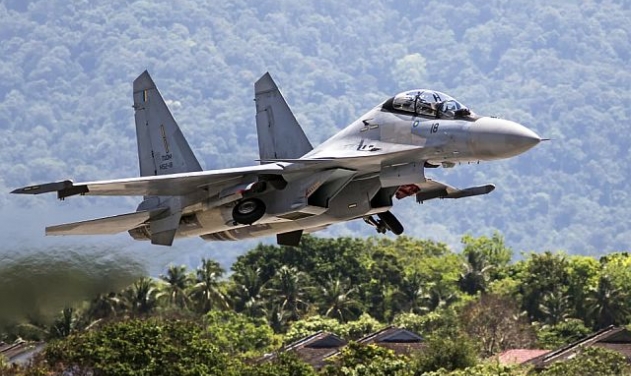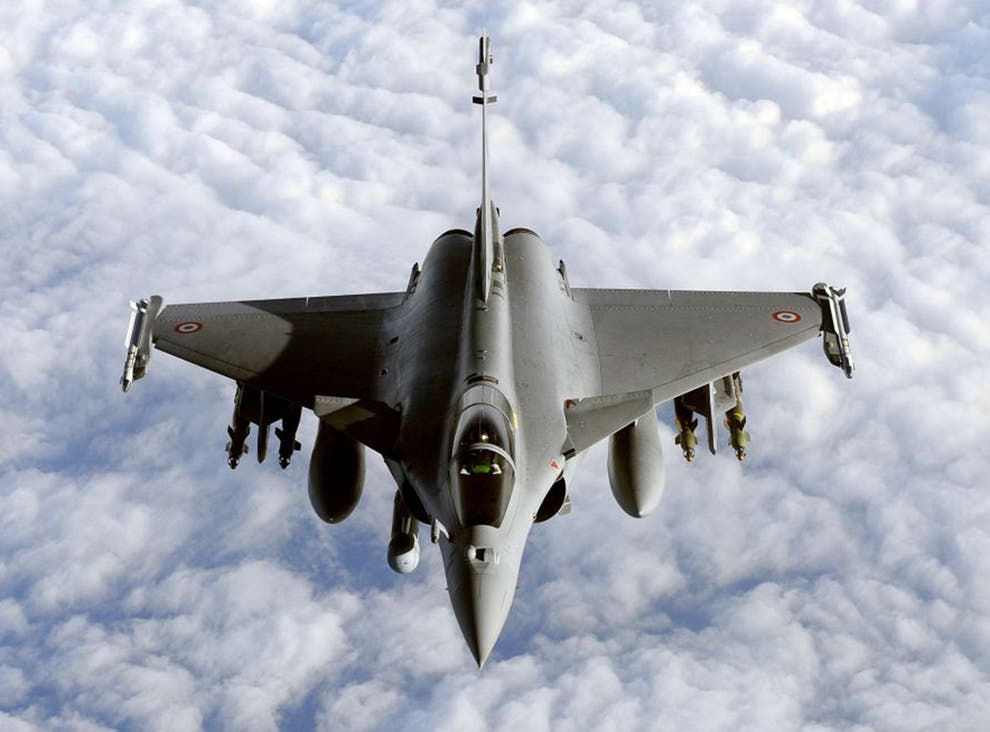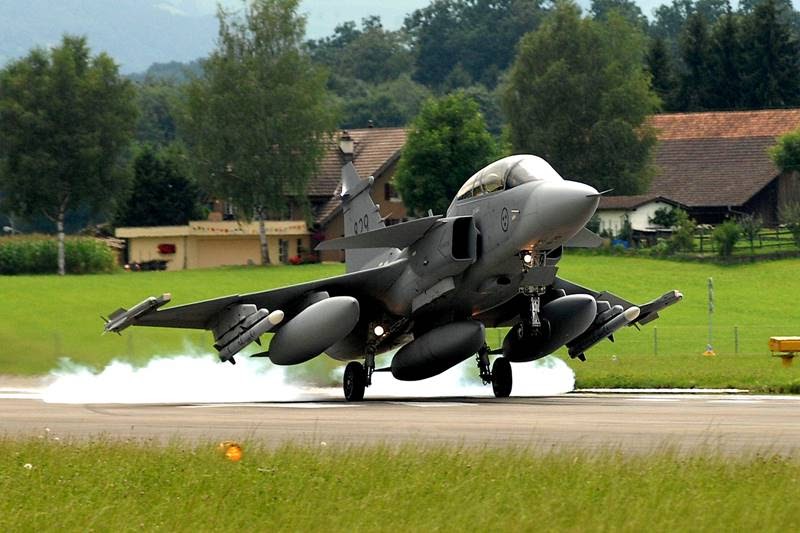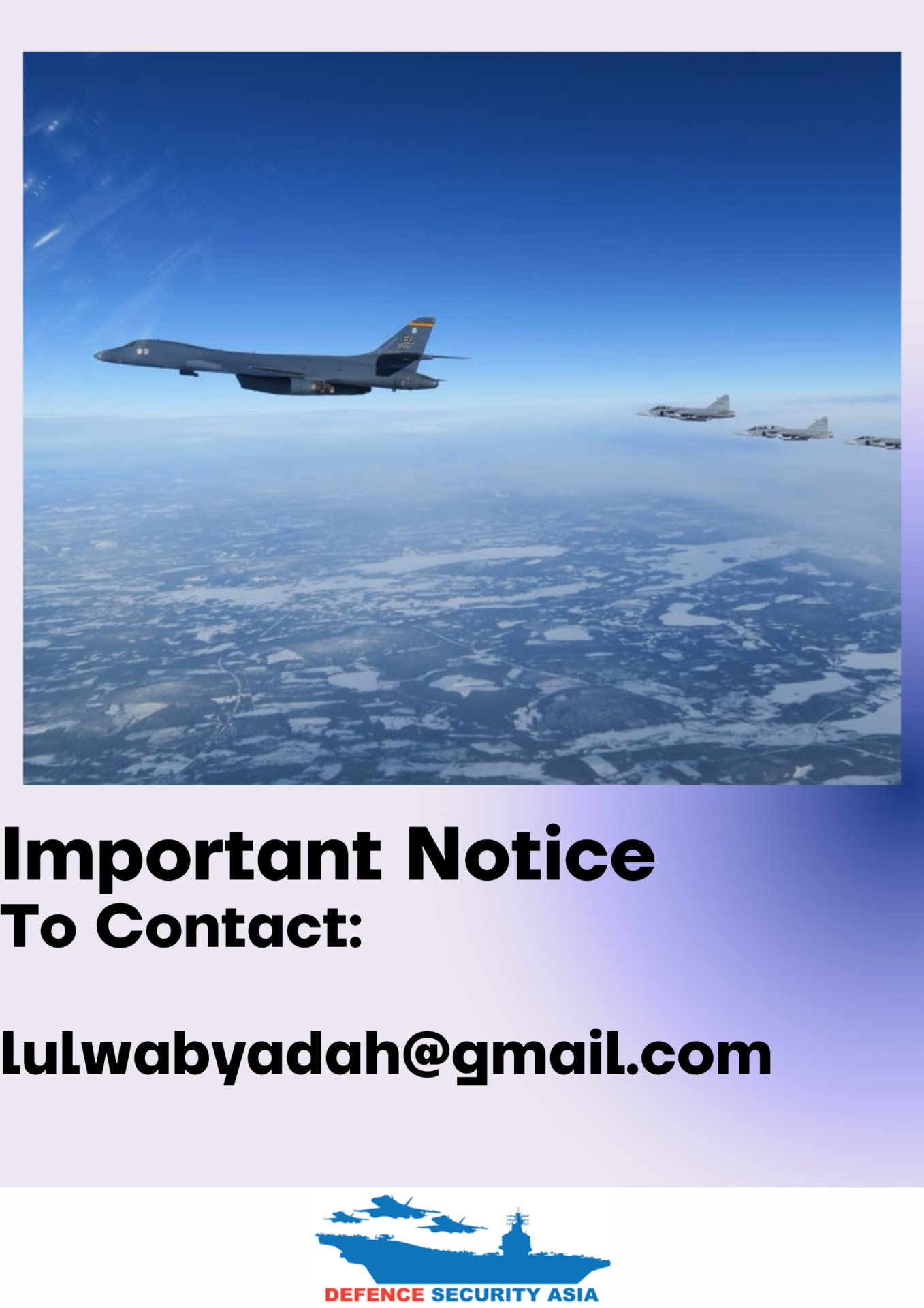Southeast Asia’s Airspace Set to Be “Crowded” with Rafale, F-35B, Gripen E/F, and F-15EX Jets
In the next three to four years, Southeast Asia's airspace will be "crowded" with new fighter jets such as the JAS39 Gripen E/F (Thailand), Rafale, and possibly the F-15EX (Indonesia), as well as the F-35B (VSTOL) from the Republic of Singapore Air Force.
(DEFENCE SECURITY ASIA) – The decision by several Southeast Asian countries to acquire Multi-Role Combat Aircraft (MRCA) in recent years is expected to increase pressure on Malaysia to procure new MRCA fighter jets.
In the next three to four years, Southeast Asia’s airspace will be “crowded” with new fighter jets such as the JAS39 Gripen E/F (Thailand), Rafale, and possibly the F-15EX (Indonesia), as well as the F-35B (VSTOL) from the Republic of Singapore Air Force.
Even the Philippines is expected to decide this year on its MRCA fighter jet, with options currently between the JAS39 Gripen, F-16 Block 70, and possibly a new contender, the KF-21 “Boramae,” developed by Korea Aerospace Industries (KAI).
Myanmar has recently received Russian-made Su-30 fighter jets, while Vietnam is reportedly in negotiations with the United States to acquire F-16 fighter jets.
The entry of 4.5-generation and fifth-generation fighter jets into the inventories of Southeast Asian air forces is expected to increase pressure on the Royal Malaysian Air Force (RMAF), which still relies on its fourth-generation fighter jets, namely the Su-30MKM and F/A-18D Legacy Hornet.

The RMAF currently operates 18 Russian-made Su-30MKM fighter jets and eight American-made F/A-18D fighter jets.Although the Ministry of Defence signed a contract worth RM4 billion in May last year to acquire 18 FA-50M (FA-50 Block 20) fighter jets from South Korea’s aerospace giant KAI, the FA-50M is categorized as a light combat aircraft (LCA).
While the FA-50M variant that the RMAF will receive is the most capable version, it remains a light combat aircraft and not an MRCA.
Malaysia plans to retire its F/A-18D Legacy Hornet fighter jets by 2035, while the Su-30MKM is slated for retirement by 2040 under the RMAF’s CAP55 program.
Despite the Mid-Life Upgrade (MLU) work carried out on the Su-30MKM and F/A-18D Legacy Hornet, questions persist among observers and the public about whether the RMAF’s fighter jets can compete with the newer 4.5-generation and fifth-generation fighter jets in the region.


As a result, the RMAF is believed to be under pressure to “rebalance” air power in Southeast Asia by evaluating MRCA options to replace the Su-30MKM and F/A-18D Legacy Hornet.
Currently, the balance of air power in Southeast Asia, particularly involving the RMAF and other Southeast Asian air forces, has shifted as several countries, especially neighboring Indonesia and Singapore, are “leaving Malaysia behind” with the acquisition of Rafale and F-35B (Vertical Short Take-Off Landing) fighter jets.
If the government and the RMAF do not act swiftly, the “capability gap” in Southeast Asia’s air power balance will widen further as other countries in the region acquire newer and more capable fighter jets.
This does not even take into account the challenges faced by the RMAF when operating in the South China Sea, with the potential for encounters with China’s 4.5-generation and fifth-generation fighter jets.
As previously reported, China has deployed its fifth-generation J-20 “Mighty Dragon” fighter jets to patrol the South China Sea. — DSA



Comments are closed.